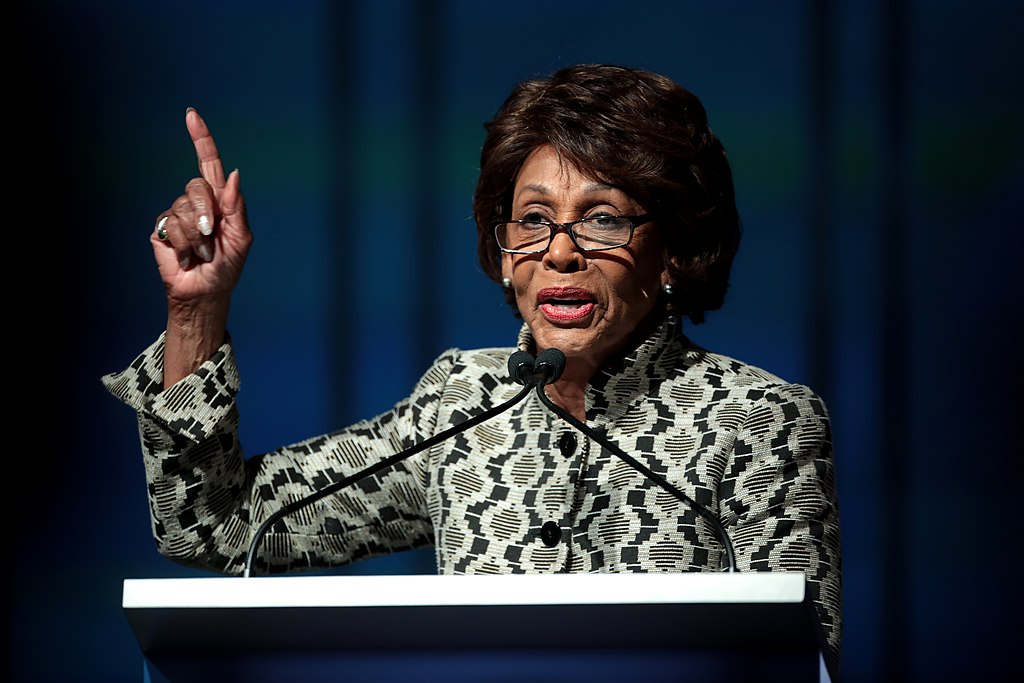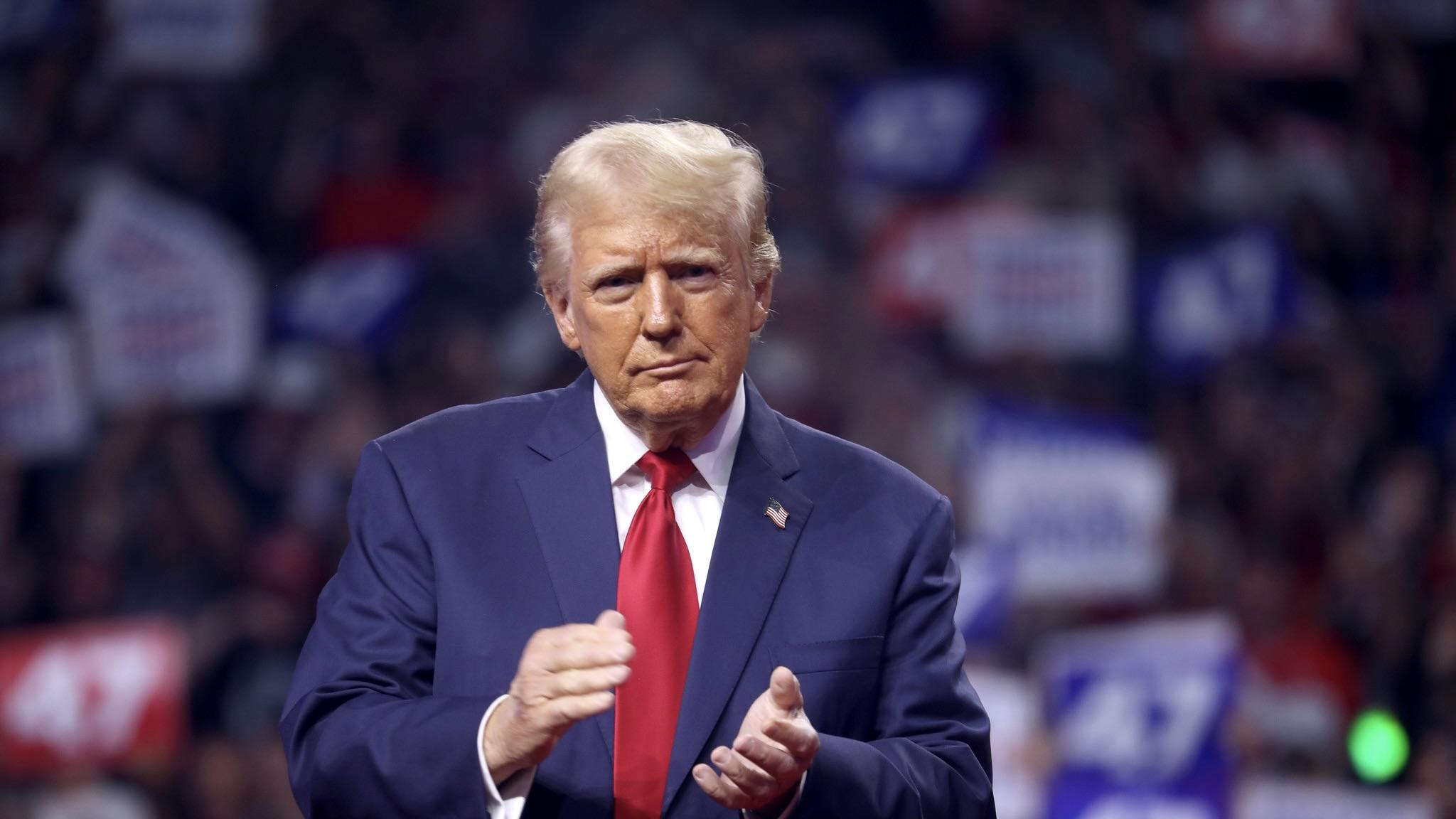The U.S. House Agriculture Committee advanced the Digital Asset Market Clarity Act with a strong bipartisan vote of 47-6, signaling growing momentum for comprehensive crypto regulation. The bill, which aims to define regulatory jurisdiction between the Commodity Futures Trading Commission (CFTC) and the Securities and Exchange Commission (SEC), is part of a broader push to establish a clear framework for digital asset markets.
Simultaneously, the House Financial Services Committee continued discussions on the same bill, while the Senate prepared for a potential final vote on the GENIUS Act, a stablecoin regulation bill. The GENIUS Act, formally known as the Guiding and Establishing National Innovation for U.S. Stablecoins Act of 2025, sets critical oversight standards for stablecoin issuers and has gained bipartisan support.
House Agriculture Committee Chair Glenn "GT" Thompson emphasized that the Clarity Act fills regulatory gaps and strengthens consumer protections. However, Democratic lawmakers like Rep. Angie Craig acknowledged its imperfections, stressing the urgent need for investor safeguards as crypto adoption grows. Concerns remain over whether the bill underfunds the CFTC and gives crypto firms too much leeway, with Rep. David Scott calling it a “gift to the worst actors.”
Meanwhile, Rep. Maxine Waters raised alarms about potential conflicts of interest, suggesting the Trump administration could benefit financially from crypto-related policies, especially through HUD-related stablecoin trials.
In the Senate, Majority Leader John Thune's procedural action cleared the way for a GENIUS Act vote, possibly as early as Wednesday. If passed, the bill will move to the House, where lawmakers must decide whether to merge it with the Clarity Act or pass it separately. Together, these developments mark a pivotal moment for U.S. crypto regulation.



























Comment 0